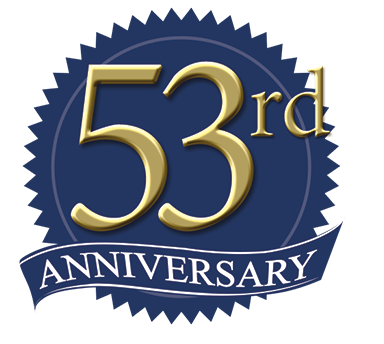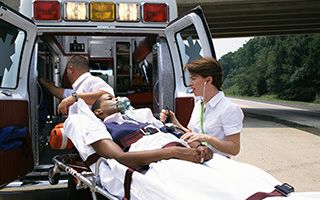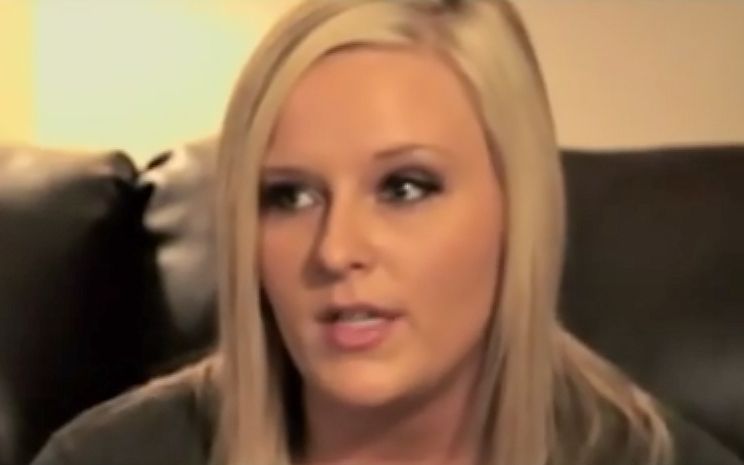 Washington Residents: If you have been injured by someone’s careless driving in Aberdeen, Bremerton, Centralia, Chehalis, Olympia, Shelton, Tacoma or any of the surrounding communities, you need to know your rights!
Washington Residents: If you have been injured by someone’s careless driving in Aberdeen, Bremerton, Centralia, Chehalis, Olympia, Shelton, Tacoma or any of the surrounding communities, you need to know your rights!
Take our short car accident quiz and test your legal knowledge. Your answers are completely confidential and are not transmitted to us. Of course, this quiz does not replace legal advice from an attorney. Answers to your specific questions will depend on your situation. Contact us or call 800-570-4878 to speak to our Washington Auto Accident Attorneys for free.
Test Your Auto Accident Legal Knowledge
Will bringing a claim raise my own insurance rates?
Answer: No. An insurance company is not allowed to raise your rates if the accident was not your fault.
Does the insurance company have to pay my medical bills and wage loss right away?
Answer: Not necessarily. If the at-fault party had insurance, it will generally pay only as part of a final settlement of your claim. As a practical matter, most doctors and creditors will not wait to be paid. It is usually necessary to find a way to keep these bills from becoming overdue and affecting your credit while your claim is going on. Your own auto or health insurance may provide this “interim” payment. An attorney can help you find the best way to protect your credit when you are injured.
Should I give a statement to the other insurance company?
Answer: No. You are not legally required to give a statement to the other party’s insurance company. It is generally not to your advantage to give a statement. For ANY statement to an insurance company, you should be sure to have an injury attorney present to represent you.
Should I sign the insurance company’s medical authorization?
Answer: No. You are not legally required to sign any medical or employment releases for the other insurance company. Often, the insurance company will ask for a blanket authorization with the intent of obtaining unrelated or outdated medical records in order to find a way to avoid paying the full value of a claim. Whether you have to sign a release for your own insurance company depends on the circumstances. Ask your attorney.
Should I call an attorney about my claim?
Answer: Yes. The call is free. The insurance company does not want you talking to an attorney and learning your rights. Don’t let the insurance company take advantage of you. The insurance companies have shrewd lawyers on their side. Don’t face them alone. Your attorney will do his or her best to maximize the value of your claim. E-mail us or call us at 800-570-4878 to talk with a car accident attorney for free.
Can I afford an attorney?
Answer: Yes. To better help consumers, Fuller & Fuller works on a contingency basis with costs only. This means that we are paid only at the end, and only from the money that we earn for you. There are no up-front or monthly fees. The standard fee for personal injury cases is 1/3 of the final settlement.
Can a lawyer help me find a doctor who will treat me for my injuries?
Answer: Yes. We are happy to work with your doctor or other health care provider to facilitate payment of your medical bills. If you don’t have a doctor, we can help you find medical treatment from a qualified doctor or specialist.
Am I entitled to compensation for my pain and suffering?
Answer: Yes. If your car accident claim is valid, then you are entitled to receive payment for all of your pain and suffering. This award is in addition to damages you may be entitled to receive for permanent impairment, wage loss, medical bills, and out of pocket expenses. Ask your attorney for advice on what compensation you might be due.
Can I still bring a claim if the person at fault had no insurance?
Answer: Yes. Your own insurance may cover this claim. Read your policy and talk to an attorney for specifics.
Is the insurance company required to offer me the true value of my car?
Answer: Yes. Under Washington law, the insurance company must pay you the fair market value of your vehicle. In other words, they must pay you the amount for which you could have sold the vehicle right before the accident. Caution: the “blue book” value may not reflect the true fair market value of your vehicle.
Should I take photographs?
Answer: Yes. Take photographs immediately of any visible damage to your body (bruises, casts, stitches) to preserve the evidence. Also, if possible, take photographs of your vehicle before it is towed or repaired.






